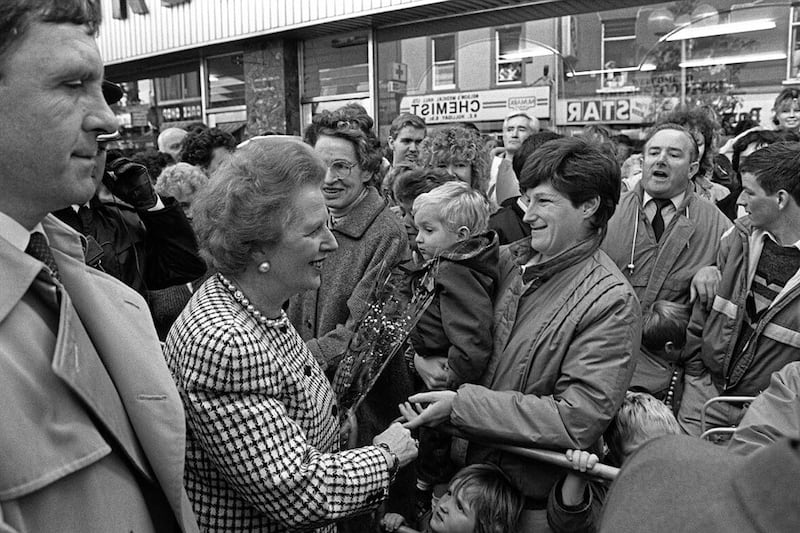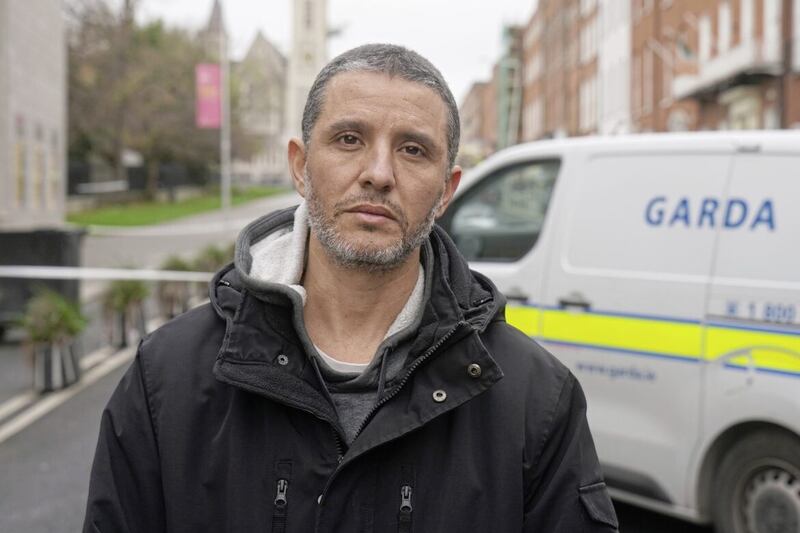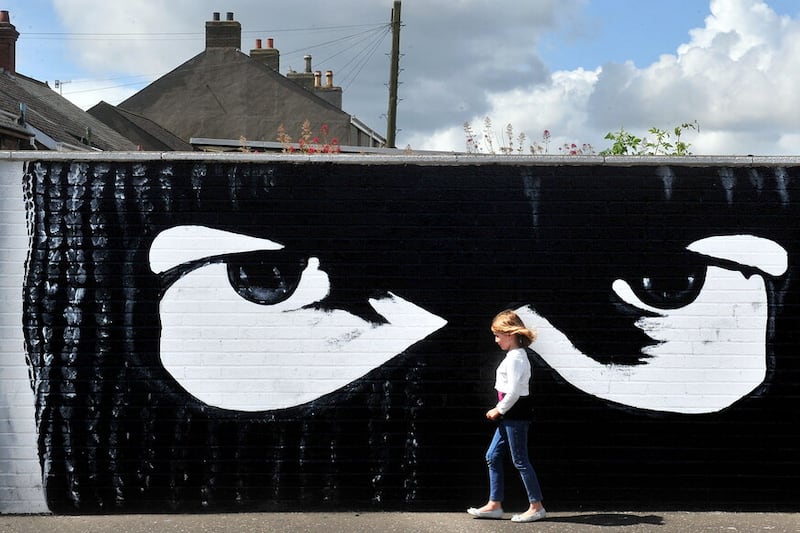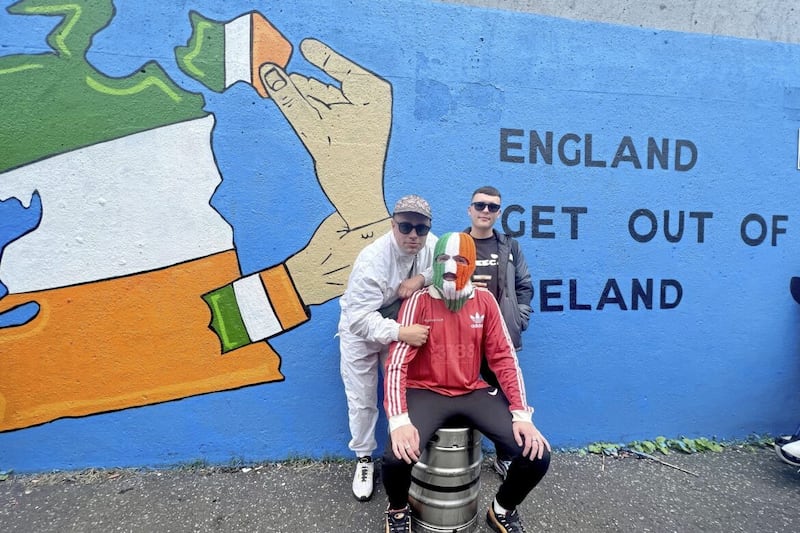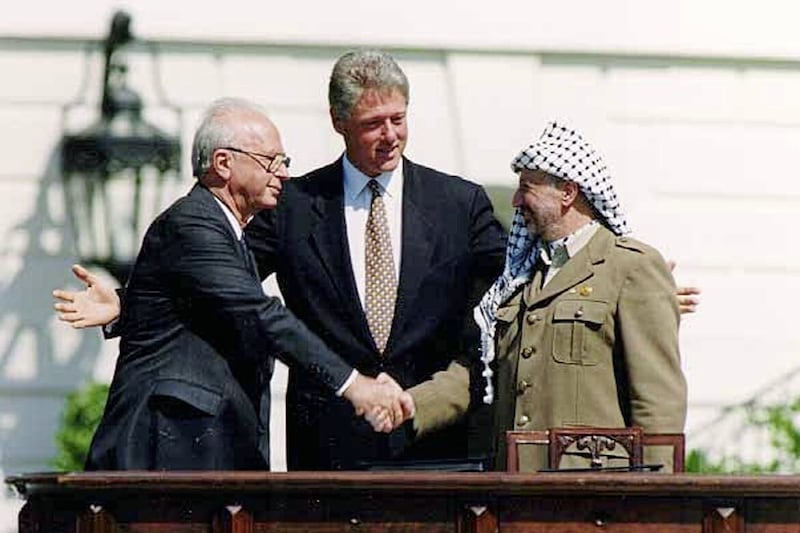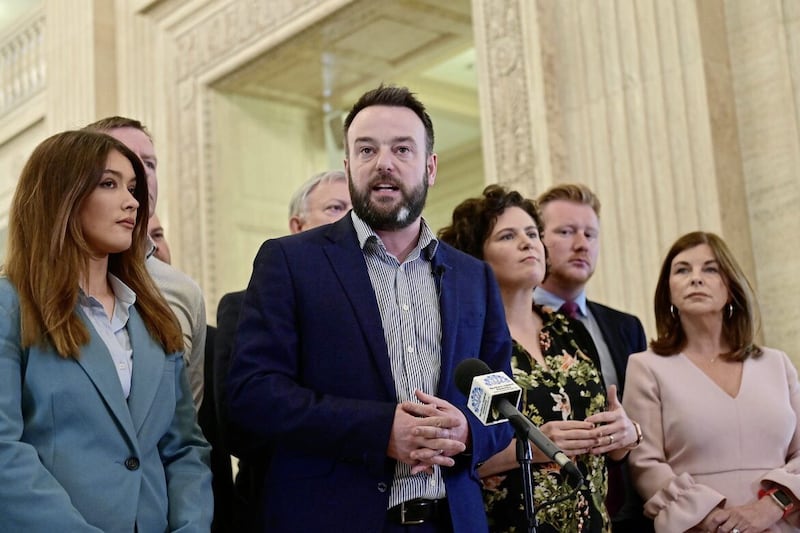Walking along a sunny Cheyne Walk in London I heard that Liberal Democrat leader, Tim Farron had announced his resignation citing the incompatibility of his Christian faith with the leadership of his party.
No real mention of the disastrous campaign he led and for which he was responsible. Farron, like Mrs May, chose Brexit as his main issue but the British voters had other concerns. He also had an uncanny resemblance to the hapless Frank Spencer from the 1980's comedy series 'Some mothers do have them'.
It was fortuitous that I was on Cheyne Walk as it is home to a Tudor Palace known as Crosby Hall and is owned by Cooperation Ireland Chairman, Christopher Moran.
Over the centuries Crosby Hall has had many distinguished owners including one Sir Thomas More, the executed one time Lord Chancellor of England, now martyr and patron saint of politicians.
Next to Crosby Hall is a park which hosts a statue of Sir Thomas sitting dolefully looking towards the Thames with his chain of office lying on his lap. History buffs will know that Sir Thomas lost his head because he refused to recognise Henry VIII as head of the Church of England. His reported last words were - "I die the King's servant but God's first." Tim Farron's political exit was altogether less traumatic.
However, the Farron departure raises some legitimate questions about the relationship between personal beliefs - religious or otherwise - and public life. Those questions can't be solely confined to politicians who hold religious beliefs. Ireland has its first Taoiseach who happens to be gay.
Theresa May is a prime minister who happens to be a practising Christian. Mrs May clearly has a faith based political agenda despite leading a fairly secular country. It remains to be seen how or if Mr Varadkar will influence Irish public life and policy in the future. Obviously, Mr Varadkar would prefer his sexuality was not part of the argument but for better or worse it is as it is part of his persona.
Thankfully Ireland is now one of the most liberal democracies in the world - though abortion remains a divisive and deeply personal issue. The country although relatively young has grown up fast. It has thrown out the unhealthy relationship between Church and state, though it would be foolish to become valueless as a result. Even Michael D Higgins has warned that politics without values is valueless.
The current Pope has said activity in politics is one of the greatest acts of charity because it calls one to service. That's a hard concept to grasp given our experience of political nepotism, avarice and corruption in Ireland and the UK. It's frequently a source of both disappointment and disillusionment that sometimes the Irish electorate reward political sleaze and graft.
The UK still struggles to disentangle itself from the state/church link up. Bizarrely, the Church of England is still officially recognised as the Established Church even though there are more practising British Muslims in the UK than Anglicans. The Church of England bishops still have seats in the House of Lords by right when they should have been chucked out with the hereditary peers. Even the notion of a head of state combining the role of sovereign with the head of a church is medieval.
That said there is a creeping intolerance seeping into the political system and public debate and oddly it emanates from liberals. For many of us issues of equality on matters of sexuality are a non-issue and our laws should reflect that. Where they don't we should be pressing for change. To some Christians if you hold such views you can't possibly be Christian - personally I disagree, my faith is a matter between me and God not the judgment of neighbours. Likewise, there are those who believe that all forms of faith should be confined behind church or mosque doors and in private.
That's equally crazy. Christians, Jews, Muslims even Hari Krishna are compelled by their faiths to bear witness and to some degree evangelise. In the UK and Ireland they are free to do that. However, increasingly if they serve in public life there is seemingly an expectation that they should somehow artificially detach themselves from an intrinsic part of their being. That is as unrealistic as it is unfair.
Ireland's first gay Taoiseach has started well. He said he was elected to lead but promised to serve. He will have to prove that by serving all equally - and that includes those of faith.




